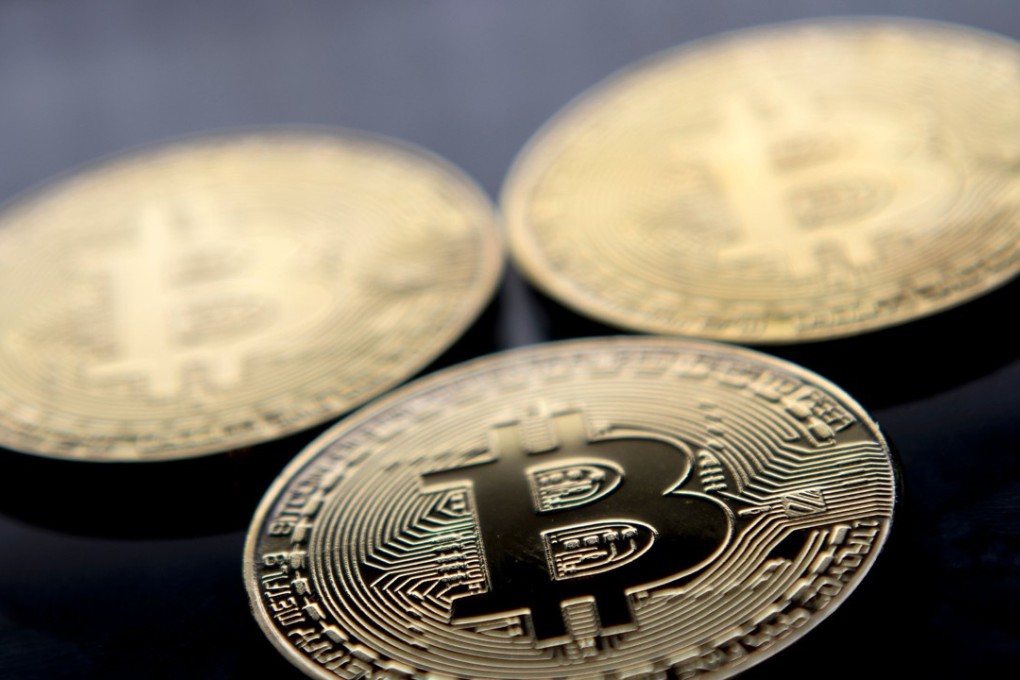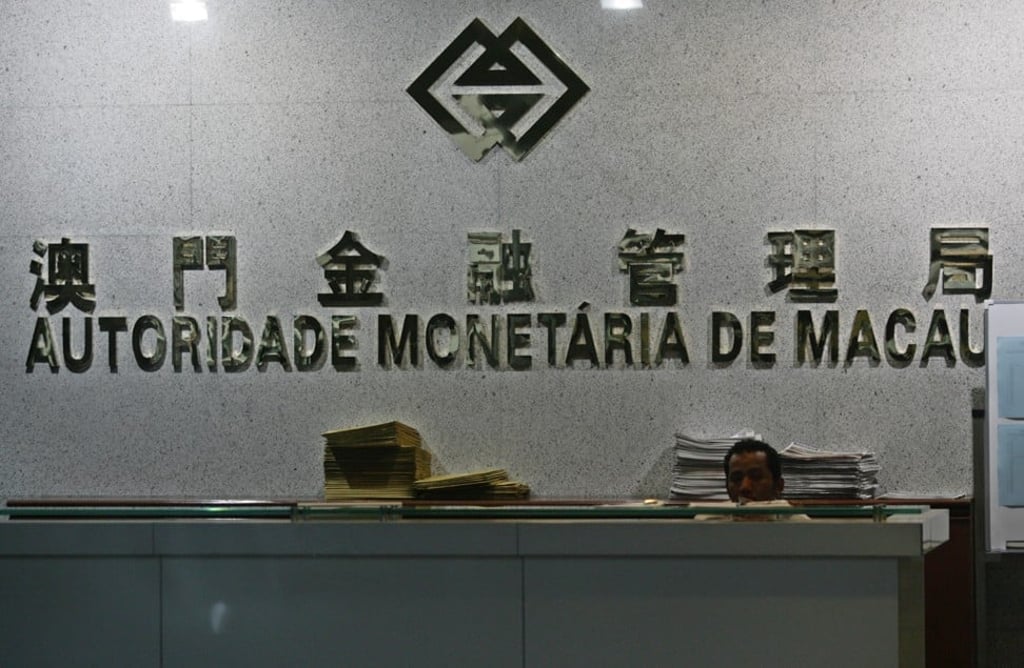Macau issues cryptocurrency crime warning after link to former triad boss emerges
Authority warning reminds residents that virtual currency is not legal tender

Concerns over a Macau cryptocurrency firm backed by a notorious former gangster, and which has links to the company behind the Facebook data-mining scandal, have prompted monetary chiefs in the city to issue a warning over possible “fraud and criminal activities”.
In a statement of concern, published on the website of the Monetary Authority of Macau, the regulator reminded residents that cryptocurrencies are not legal tender.
The cryptocurrency linking Cambridge Analytica and this Macau gangster
The warning comes in the wake of revelations that Macau Dragon Group, a firm associated with “Broken Tooth” Wan Kuok-koi, employed the British company, Cambridge Analytica, to promote Dragon Coin, a new virtual currency created to help gamblers transfer money to Macau casinos.

Wan is one of Asia’s most infamous organised crime figures, and spent more than 10 years in jail for an array of gangland crimes including being leader of the 14K triad group in Macau.
“The media has reported that a Macau company was involved in an ICO [initial coin offering] recently,” the monetary authority said in its statement. “Monetary Authority of Macau reminds all Macau residents that cryptocurrencies are virtual products, but not legal currencies or financial tools. Residents should be aware of fraud and criminal activities associated with cryptocurrencies.”